-
From boardgames to bestsellers
Article by Artika Casini, AS05 | April 15, 2025
Alumnus finds literary success in his process
-
Understanding muscle development
Article by Karen B. Roberts | April 14, 2025
Researchers investigate circular RNA’s influence on muscle development in cerebral palsy
-
Ag Day 2025
Article by Dante LaPenta | April 14, 2025
University of Delaware Ag Day returns on April 26

Interdisciplinary Programs

Microbiology - Ph.D., M.S.
Earth is microbial: Bacteria, archaea, viruses, protists, and fungi are the largest store of biomass on the planet, and represent nearly all of its biodiversity. They store massive genetic resources that can be used to solve challenges faced by our rapidly growing human population. Microbes are key to developing more sustainable energy generation and material synthesis, improving human health and wellness, and satisfying increased food demands of larger human populations in the face of limited environmental resources.
The faculty of the University of Delaware (UD) Microbiology Graduate Program address these challenges in five separate colleges and thirteen departments. By bringing these faculty and resources together to train the next generation of microbiologists, with stakeholder guidance to develop an innovative educational program, the Microbiology Graduate Program serves as a model for interdisciplinary enterprises at UD.
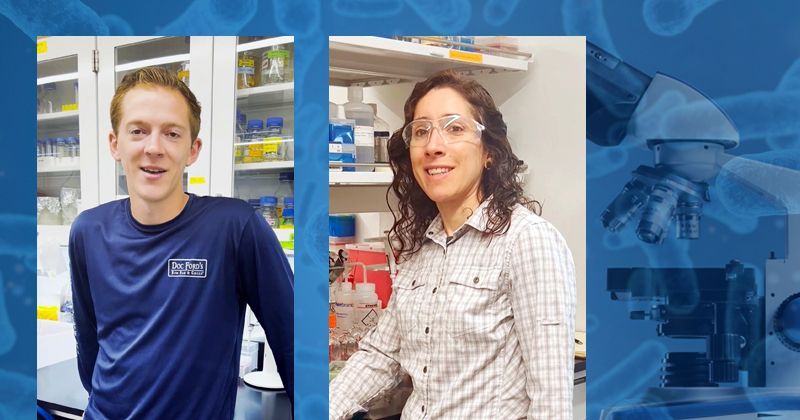
Read about how the UD microbiology graduate program unleashes the power of tiny creatures in UDaily
The goals of this graduate program are to:
- Recruit and support a diverse pool of high-quality graduate students in Microbiology
- Support diverse Microbiology faculty invested in cutting-edge student training
- Rigorously deliver foundational concepts in genome-enabled Microbiology via a core curriculum
- Provide rigorous electives to support broad exploration beyond the core curriculum
- Foster professional skills in trainees, enabling them to succeed in multiple career paths
- Facilitate cross-departmental and cross-college research collaborations
-
RENEE HOOVER
Ph.D. student, Microbiology
“The interdisciplinary support, with access to experts in many fields at UD, has been crucial for my research on freshwater bacteria that oxidize iron which can help us improve soil and water quality.”

-
AUSTIN MORGAN
Ph.D. student, Microbiology
“UD’s microbiology program is perfect for synthetic biology enthusiasts like me, providing access to multiple labs and projects to enhance genetic circuit stability.”

-
gracee tothero
Ph.D. student, Microbiology
“There is so much diversity in the environmental microbiology work at UD, and the collaborative culture here helps me as I study the impact of iron-oxidizing bacteria on biogeochemical cycles and nuclear waste contaminants.”

-
Casey Derieux
Ph.D. student, Microbiology
“The supportive faculty and collaborative environment at UD have made it feel like home while I research how genes influence the growth of green sulfur bacteria.”

-
Alex Pipinos
Ph.D. student, Microbiology
“From the Mass Spectrometry Center to the Bioimaging Center, the vast resources and collaborative atmosphere at UD have been invaluable as I explore using ergothioneine-producing microbes to enhance crops.”

-
Aerin Rost-Nasshan
Ph.D. student, Microbiology
“The friendly and supportive community at UD has been instrumental in my work designing genetic tools for green sulfur bacteria to advance biotechnological research.”

-
Emily Morgese
Ph.D. student, Microbiology
“My study of soil viruses and symbiotic nitrogen-fixing bacteria as eco-friendly alternatives to harmful human-made fertilizers is enhanced by the sense of community in the microbiology program.”

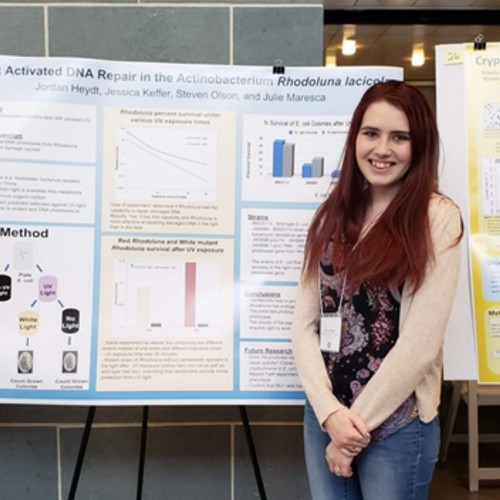
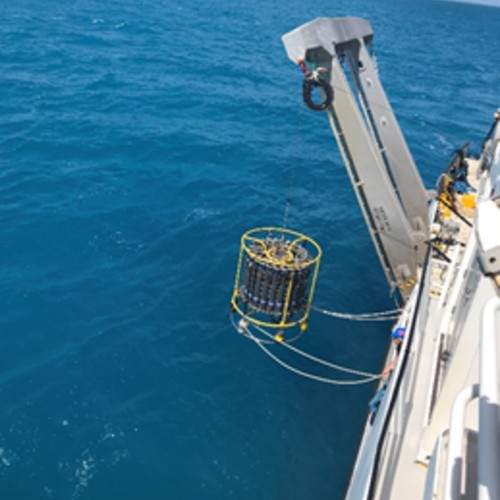
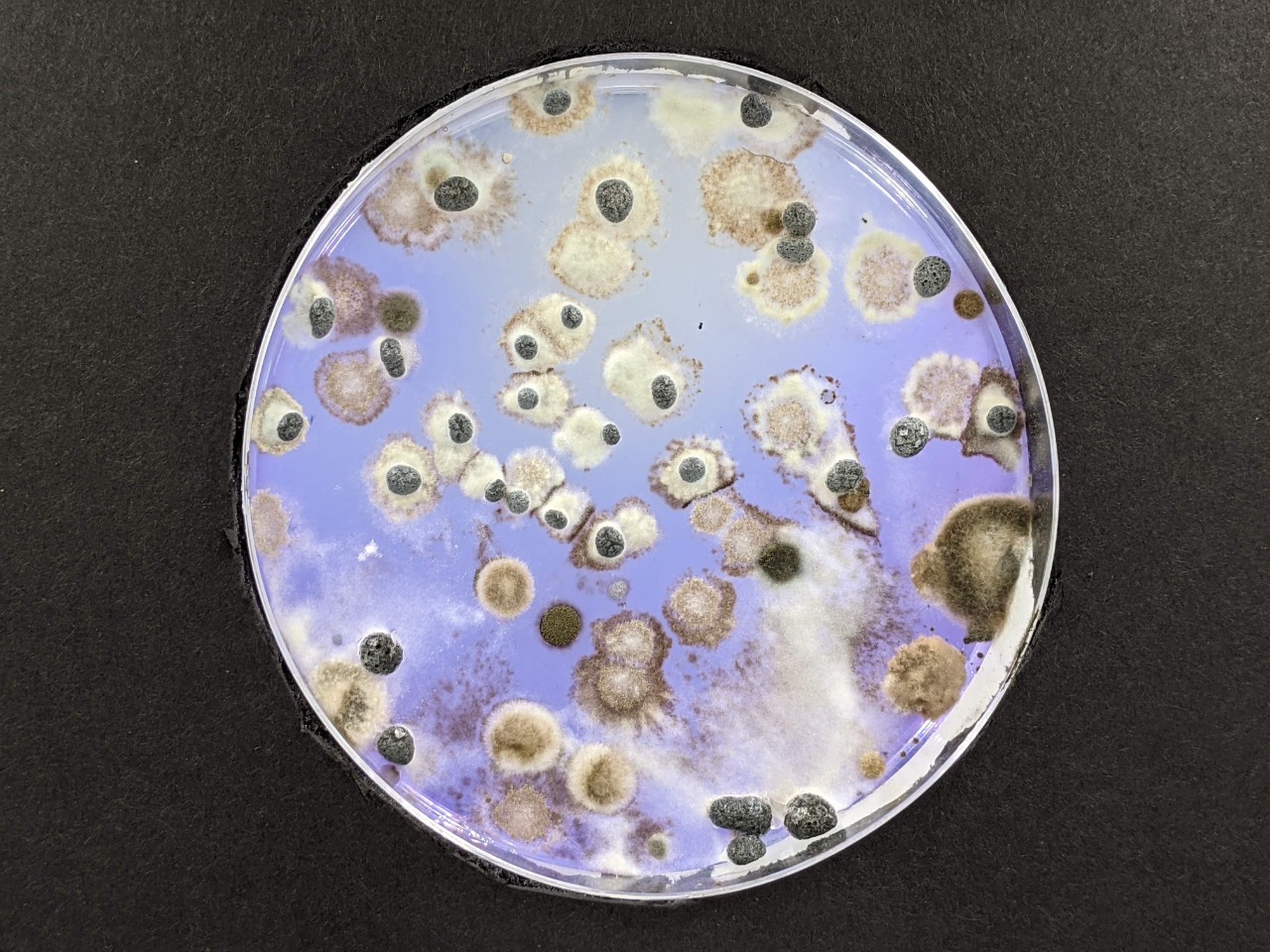
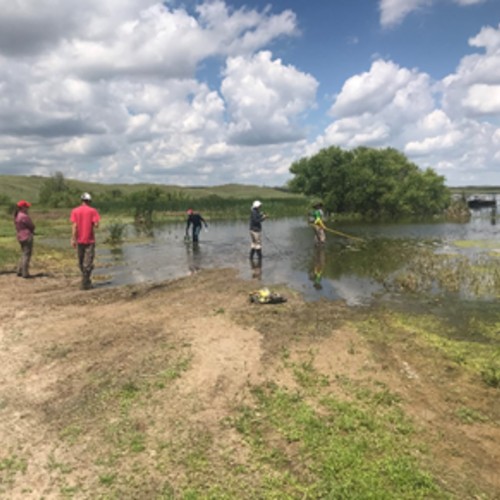
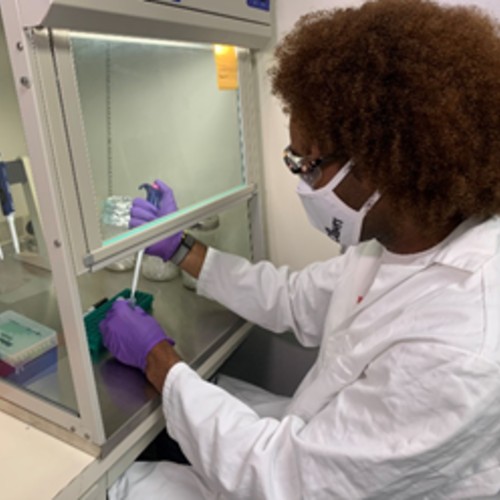
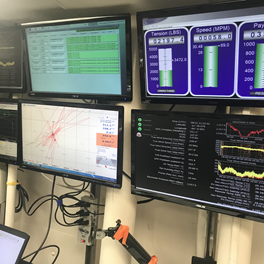
-
Revitalizing downtown Laurel
Article by Adam Thomas | April 10, 2025
Delaware Sea Grant helps reinvigorate Sussex County town by building affordable housing, downtown shops and nature-based playground
-
Understanding muscle development
Article by Karen B. Roberts | April 14, 2025
Researchers investigate circular RNA’s influence on muscle development in cerebral palsy
-
Paying it forward
Article by Christy Selagy | April 09, 2025
Blue Hen parents Abrea and Scott Truskin are eager to support the UD community wherever they can

